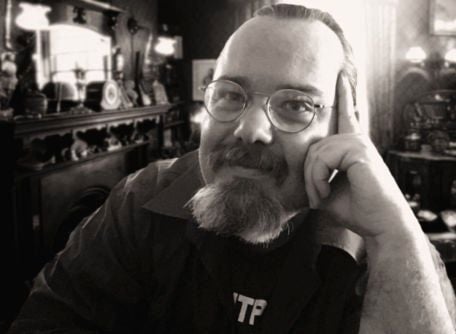Jennifer Beals reveals that she called on Jon Favreau and Dave Filoni to “choose better language” for her role in The Book of Boba Fett.
In November last year, it was announced that Beals would also join the cast of Boba Fett’s bookthe second live-action Star Wars series to air on Disney+ and a spin-off of the critically acclaimed The Mandalorian. Appearing as a Twi’lek named Garsa Fwip, the royal character of Beals runs a popular cantina and gambling establishment in the Tatooine town of Mos Espa. Sandwiched between competing criminal factions in the wake of Jabba the Hutt’s death, Beal’s Garsa Fwip manages to negotiate protection for her settlement, dubbed The Sanctuary, by paying tribute to Boba Fett, who wants to establish herself as the successor. of Jabba and Bib Fortuna.
After the show’s sixth episode, Beals spoke with Insider about her time on the project, which she described as “the gold standardin terms of a respectful and open work environment. Beals also explained how she was able to work with the show’s executive producers, Jon Favreau and Dave Filoni, to rework some of the show’s dialogue which she found a bit problematic. the scripts had prompted Fwip’s staff to refer to her as “masterr,” Beals appealed to them to “choose a better language”. Check out her full comments below:
In the original script my employees called me ‘master’ I felt in this world I create in my establishment, The Sanctuary, as I come from an enslaved people, maybe we can choose a better language – something that was more in line with her ethos and vision of her place. And they thought that was a good idea and changed it to “ma’am.” I was really grateful for that.
References to slavery everywhere Star Wars lore has long played an important part in the franchise, dating back to the original trilogy in which Twi’leks was portrayed in roles as slaves forced to dance for the amusement of the odious crime lord Jabba. While the existence of the slave trade in the Star Wars universe, and particularly on the planet Tatooine, would be explored in greater detail throughout the prequel trilogy, it has recently become the subject of heated public debate. Most recently, Disney has come under fire from some parts of the fandom for seemingly trying to steer the franchise away from using the original name for Boba Fett’s ship., slave 1.
But instead of trying to ignore the existence of slavery, Star WarsBeals’ call for the language used within her character’s establishment is certainly in line with the sensibilities of a race that has experienced such abuses firsthand. While some fans will inevitably see this decision as Disney’s continued efforts to steer the franchise away from potentially problematic and sensitive issues, Beals’ objections make perfect sense when taken in the context of the character and the kind of environment she was trying to create for herself. to create and its people. Because science fiction is often used to critique and examine social issues in the real world, Favreau and Filoni’s willingness to explore and explore the power and impact of the language used in their fictional universes points to a much larger and ongoing shift in consciousness from the real world. How exactly this will play out in the future of the Star Wars franchise remains to be seen, but fans can probably all agree Boba Fett’s book will have some lasting effects that will be felt for years to come.
Source: Insider
About the author


